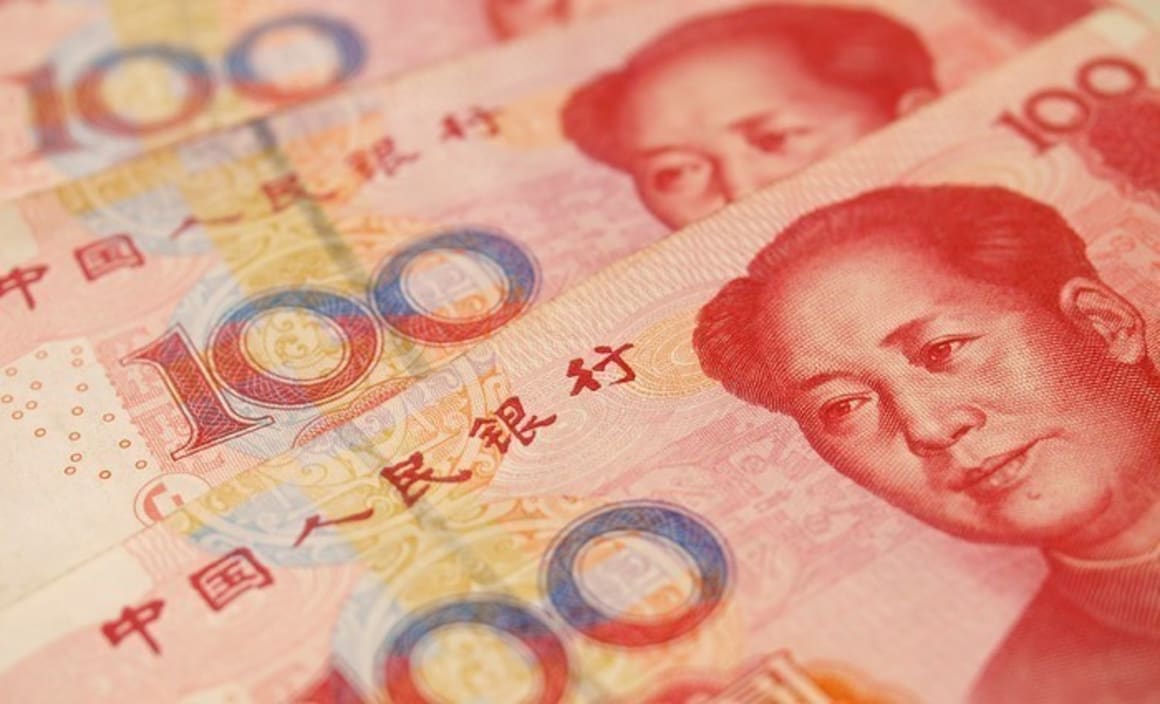Asian commercial property markets continue to maintain their appeal despite uncertainty: Savills

In a world racked by political uncertainty induced by Brexit negotiations, European elections and a new presidency in the US, the Asian markets appear to have maintained their appeal in 2016, according to Savills’ latest report.
"Office yields across all major cities hardened over the second half of last year and we believe there is still some (limited) scope for them to fall further in 1H/2017; the low interest rate environment, the ongoing ‘search for yield’ and increasing allocations to real estate are all considered to be positives for the sector," the report stated.

One of the most significant challenges for investors is a lack of prime office stock, however, and volumes have fallen consistently compared with 2015, a situation which is unlikely to reverse any time soon.
This lack of liquidity across most asset classes has arguably been masked by the above average number of portfolio deals recorded over the second half.
Scarcity of assets has resulted in money accumulating on the sidelines, causing fundraising to decline versus the previous year.

Despite its inward focus, Asian real estate capital has continued to explore overseas markets with the US attracting the lion’s share of deals, followed by the UK.
Cross border activity in 2016 was dominated by China, South Korea, Singapore and Hong Kong in that order while South Korean activity registered the highest rate of increase.

It will be interesting to see how Asian capital reacts to rate hikes by the Federal Reserve and a strengthening US dollar set against a less predictable policy landscape in 2017 if that is what comes to pass.